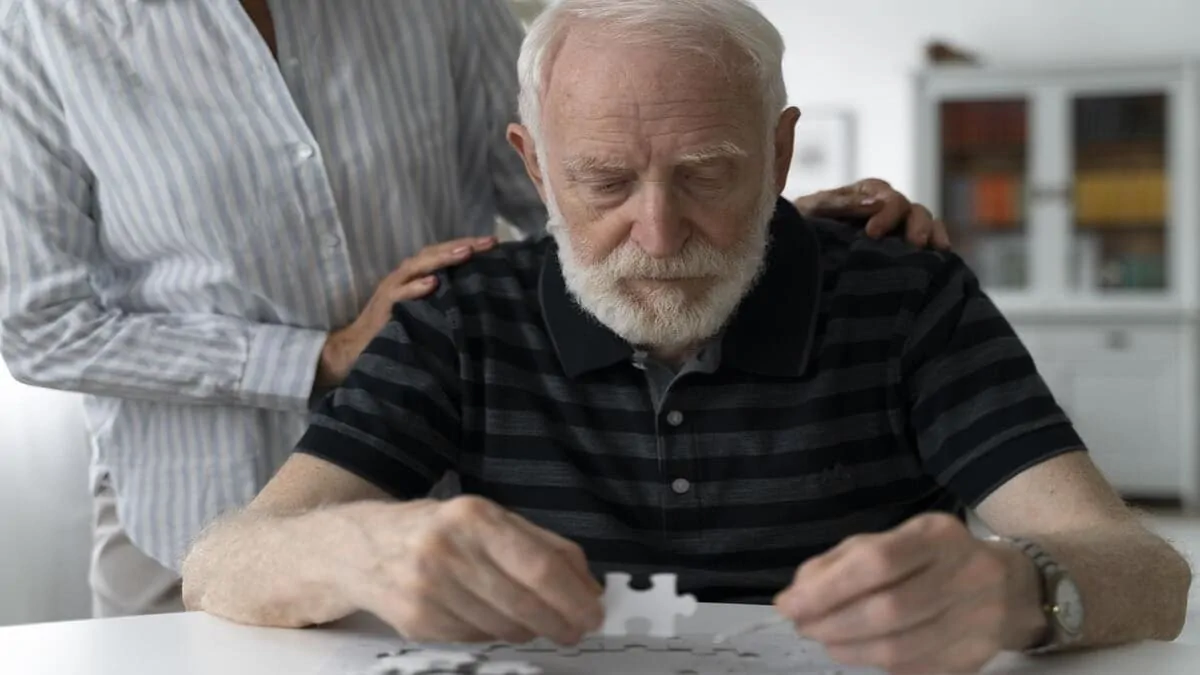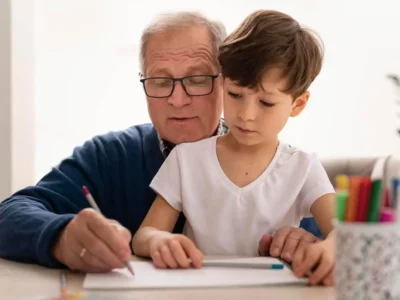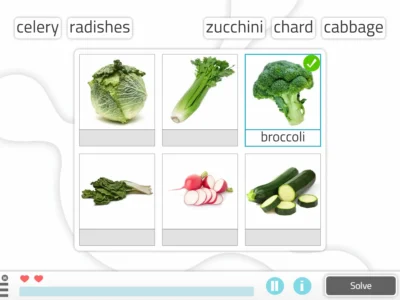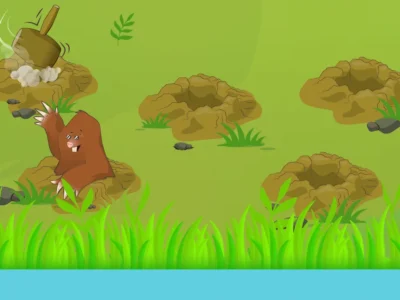Psychological care in low-resource settings
Pediatric hydrocephalus is a neurodevelopmental disorder considered a public health problem due to its prevalence and mortality. Taken together across the most populated areas of Africa, it has been estimated that approximately 200,000 live-born infants per year develop hydrocephalus within the first 5 years of life. This disorder is caused by an excess of cerebrospinal fluid inside the brain ventricles that produces physical consequences (dizziness, headaches, enlarged head circumference, etc.), psychological consequences (emotional distress, apathy, irritability, depression) and cognitive consequences (reduced processing speed, memory and concentration problems).
Comprehensive neuropsychological management of these patients requires early detection, exhaustive assessment of cognitive and sensorimotor deficits, and individualized intervention based on a specific program. However, in low-income areas such as the Zanzibar archipelago, the only possible intervention is neurosurgical, and access to it is limited. In addition, the inability to access neuropsychological care services represents a significant inequality in opportunities to stimulate their cognitive development.
Since 2008, the NED Foundation has performed neurosurgical interventions on many pediatric patients with hydrocephalus and spina bifida. Given the high incidence that persists in the region and the hospital’s limited capacity to attend to all cases as required, in 2021 they created the House of Hope together with the NGO Child Help International and the HSBO patient association of Zanzibar. It is at this time that the necessary circumstances arose to propose the development of the PsicoNED program.
The House of Hope in Zanzibar is a health center whose objective is to improve the quality of life of patients with hydrocephalus and spina bifida and their families. It does so through the following services:
- Accommodation and meals for the most vulnerable patients.
- Physiotherapy and occupational therapy program.
- Adapted transport to facilitate access to treatments.
- Cognitive neurorehabilitation.
- Support groups for women and adolescents.
- Home visits.
- Health and prevention campaigns.
Neurorehabilitation program at the House of Hope
From the PsicoNED project, initiated in 2023, the biopsychosocial needs of the patients who attend the House of Hope and their families are addressed.
To date, more than 100 children have been assessed by volunteer psychologists who have participated in the cooperation missions. We also offer individualized neuropsychological intervention once a week. This has been made possible thanks to the ongoing training of two professionals at the center, who make the development of this pioneering neuropsychology program in the region viable. In addition, we have created support groups for women and adolescents, and we are beginning to coordinate with schools for proper follow-up of the children participating in the program.
PsicoNED and NeuronUP as its main resource
The main objective of the PsicoNED project is to develop a neuropsychological care program that can respond to the individual needs of each child served. The cognitive stimulation program is carried out weekly and guarantees at least one session per month per child, with an approximate duration of 45 minutes. These sessions include stimulation of the cognitive functions most affected in patients with pediatric hydrocephalus, such as processing speed, attention, memory, and the main executive functions such as decision-making, planning and inhibition.
For the development of these sessions, physical materials are combined with digital instruments via tablets, both types drawn from the NeuronUP digital platform. This resource is one of the most used nationally and internationally due to the large offering of stimulation materials it has and the incorporation of new technologies in data collection and analysis.
Finally, the last minutes of the intervention are devoted to cognitive stimulation through play. This aims to promote adherence to the treatment by both the patient and their families, as well as to create a dynamic and engaging environment for the patient, as suggested by the conclusions of Calderón-Chagualá and collaborators.
NeuronUP as part of a research project
At the beginning of 2024 NeuronUP was a key resource in a research project funded by the International University of Valencia, coordinated by Dr. María José García Rubio, professor at the Faculty of Health Sciences of the International University of Valencia and a collaborator in PsicoNED since its inception.
The general objective of this project is to develop a cognitive stimulation program for patients diagnosed with pediatric hydrocephalus who reside in the House of Hope in Zanzibar. A general objective that is broken down into the following specific objectives:
Objective 1: Develop a cognitive stimulation protocol focused on higher cognitive functions
Several studies carried out in middle-high income countries have developed cognitive stimulation programs for patients with pediatric hydrocephalus. However, as far as we know, there are no standardized cognitive stimulation programs in Zanzibar for children with pediatric hydrocephalus that can take advantage of those programs. Based on previous programs and the cognitive deficits in this population, it is expected that the program will integrate activities that stimulate areas such as attention, memory, processing speed and executive functions, in particular.
Objective 2: Present the program to the selected health and social care center, the House of Hope of Zanzibar, where the cognitive stimulation program will be applied
This intervention methodology will be applied to the target sample of the House of Hope due to its cognitive and psychological implications and its link with the NED Foundation.
Objective 3: Assess the applicability and validity of the program developed in a pilot sample representative of the population
Some previous studies have assessed the applicability of cognitive stimulation programs in these patients with pediatric hydrocephalus. However, to date in Zanzibar only an evaluation protocol and neuropsychological screening has been applied to the boys and girls linked to the House of Hope in Zanzibar, within the neurorehabilitation program of the NED Foundation.
Objective 4: Analyze possible pre/post neuropsychological changes and other associated sociodemographic variables due to the application of the program in this representative pilot sample.
Although there are no previously applied cognitive stimulation programs on which to establish hypotheses about the program’s effectiveness, an improvement is expected in the cognitive areas addressed by the stimulation program developed in this research project. In addition, it is expected that the etiology of hydrocephalus and the presence of medical comorbidities, for example the number of neurosurgical interventions, will modulate the program’s effectiveness.
In this project the NeuronUP resource is a key piece due to its cognitive stimulation characteristics and especially because of the possibility to work remotely from two countries with such a pronounced physical distance.
Conclusions
PsicoNED is currently in the consolidation phase of its neuropsychology program, focused on training the local collaborators who provide neuropsychological care weekly. In addition, parallel activities are being initiated to meet emotional and social needs, such as support groups for women and adolescents. Collaborations with other professional entities and higher education centers are expected to allow specialized training of future psychologists, which brings hope to the development of psychology in Zanzibar and ensures the continuity of the project in the long term.
Our ultimate goal is to offer quality psychological care to all people participating in the project, and to ensure that more and more people have access to this care. In this phase of the project, the incorporation of NeuronUP as the main working tool has been a key factor. On the one hand, it facilitates the work of the local team by providing multiple resources for interventions. On the other hand, it allows supervision by the coordinators and the team in Spain, as well as monitoring the children’s progress.
NeuronUP is also a fundamental resource in the research line initiated, since its ability to record the scores of each user and its intervention structure facilitate the transmission of information and the statistical analysis of the data. Taking into account the characteristics of the project participants, it is necessary to include some changes and improvements in the neuropsychological assessment and intervention protocols in the medium term. Specifically, an adaptation of the tests and resources to the sociodemographic and cultural characteristics of the target population is required, with a special interest in language.
The official language of Zanzibar is Swahili, the most spoken language on the African continent and one of the 10 most spoken languages in the world. It is of utmost importance that assessment tests and intervention materials are adapted to the language of the local population. This would have a facilitating effect on treatment and neuropsychological intervention, promoting progress in cognitive development.
Overall, the expectations of the PsicoNED project for this first year have been met, already entering the phase of consolidating protocols and interventions. We have managed to address the most urgent matters, which are that all assessed children could access an intervention based on cognitive stimulation and that their families were emotionally supported. Right now, at this stage, NeuronUP is an essential resource to continue advancing toward the ultimate objective: the expansion of psychology and neuropsychology in these areas.
Bibliography
- Dewan et al. (2019): https://doi.org/10.3171/2017.10.JNS17439
- Lindquist et al. (2011): https://doi.org/10.1007/s00381-010-1311-y
- Oliveras et al. (2020): https://doi.org/10.1016/j.neucie.2020.01.001
- Schmidt et al. (2018): https://doi.org/10.2147/CLEP.S178757
- Suárez et al. (2020): https://www.medigraphic.com/pdfs/revmedele/me-2020/me201f.pdf
- Swartwout et al. (2008): https://doi.org/10.1037/a0013373
- Zahl et al. (2019): https://doi.org/10.1007/s00381-018-4016-2
- Zielińska et al. (2017): https://doi.org/10.1016/j.pjnns.2017.02.001
Don’t miss other related content about the Zanzibar project:
“This article has been translated. Link to the original article in Spanish:”
NeuronUP como principal recurso en PsicoNED






 Neuropsychology of THC consumption
Neuropsychology of THC consumption
Leave a Reply